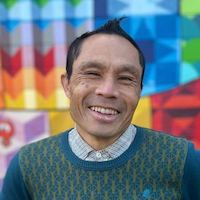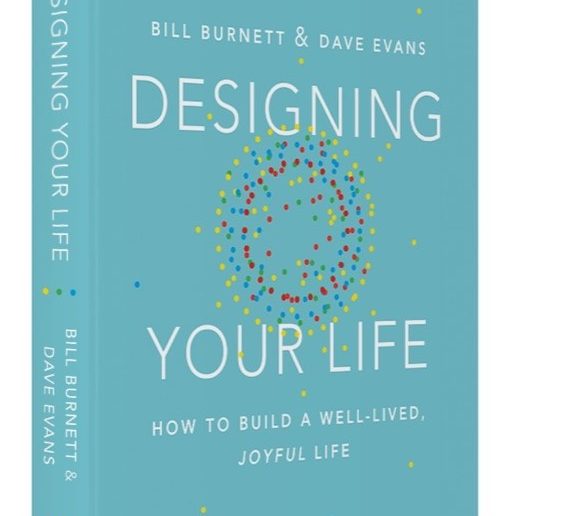I just finished Designing Your Life by Bill Burnett and Dave Evans. A present from a good friend (Thanks, Barry!), it comes at a perfect time in my life, as I contemplate a career shift.
Designing Your Life is a guide to applying a design-thinking process to career planning. As someone who has done and taught design for many years, the book really resonated with me.
I particularly liked the sections “Wayfinding” and “Designing Your Lives.” In “Wayfinding” you review your recent work activities to identify the areas where you were most engaged and most happy, as a way if identifying your passions and interests. As someone who likes to log his work fairly meticulously, this was a fun exercise.
In the “Design Your Lives” section, you create three alternative future life scenarios – one based on a fairly conservative alternative to your current situation, one that is more out of the box, and one that is completely in a new direction, where practicality or money are not concerns. You map out each of these scenarios for five years, imagining how they would play out and how you would advance in your career.
In the “Prototyping” section, the author’s encourage you to go on “Life Design Interviews” where you talk with people who are living some version of the life you are considering pursuing. Out of this, you get insights into whether or not this feels like something you would enjoy, if there are specific areas of concern that jump out, and if there are things you would need to do to prepare for that direction. This is the opposite of a job interview — you are interviewing the person about their job, not the job you want.
In the view of the author’s, it’s this process of conducting a lot of “Life Design Interviews,” connecting with lots of people in the areas you are interested in, that naturally leads to job possibilities. They aren’t talking about 2-3 interviews either. One example cited 47 interviews, another 200!
I’m not sure that this is always the best strategy to find a new job. but I do think that it sounds better than the traditional Internet search, submit your resume online and pray approach.
For me, I am exactly in that “Life Design Interview” phase, where I want to talk to a lot of people who are interested in what I’m interested in. Luckily, I’m not in any great hurry to make a career decision tomorrow. So I am grateful for the opportunity to connect and learn from a lot of people.

